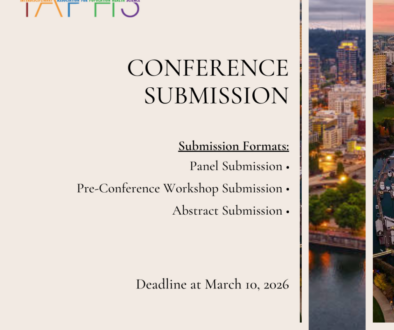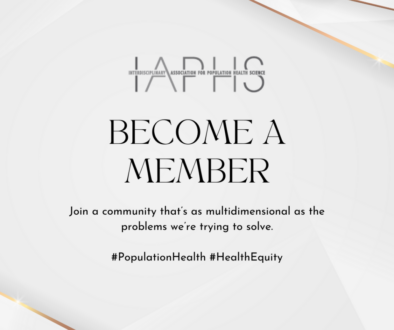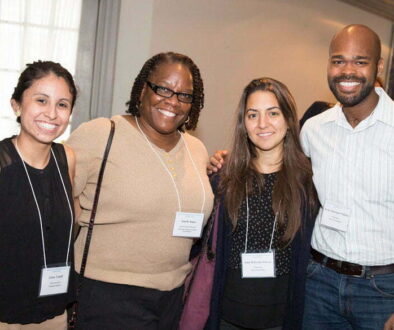Sick Politics, Sick Populations: The Importance of Diligent Political Engagement
Kevin Martinez-Folgar
The current pandemic of COVID-19 evidenced for the general population something that we as researchers knew for a while: politics matter.
Our goal as population health researchers has been to drive the development of policies based on scientific evidence in order to modify the population-level behavior needed for a healthier society. To accomplish this task, we need the support of various stakeholders, including and especially politicians. It remains essential for researchers to focus on engaging policymakers beyond just communicating “good science.” As seen in previous IAPHS webinars, engaging policy makers requires concentrated efforts and targeted messaging.
However, we constantly face the ugly truth that not all politicians are equally receptive to considering research findings or opinions from scientific experts to take action and shape public policy. The COVID-19 pandemic has caused at least 5 million deaths worldwide. However, this mortality impact is not equally distributed; there remains high variation across countries. Guatemala, for example, despite having a former physician as president, had a significant excess mortality in 2020 and has not been able to improve health outcomes. In fact, Guatemala has one of the lower COVID-19 vaccination rates in Latin America. This could be explained through the exploration of international markets, political and economic interests, and associated corruption cases during the time.
While there are multiple vaccines to choose from, there are also multiple limitations in international market access, a government’s distribution capacity, and the availability of trained, local-level personnel available to administer vaccines, particularly in low-to-middle income countries. These limitations are frequently the results of political decisions about resource allocation across many years. As we continue to see social polarization and disparities in health outcomes, we must advocate for effective population health that goes beyond immediate pandemic strategies. It is important that we continue to implement strategies to address the unique political situations, decisions, and the opportunities for successful population health education and interventions.
Being a scientist and remaining “apolitical” has frequently been the standard, in hopes that science will set us free. As demonstrated through our recent IAPHS conference, however, power and justice are not concepts unrelated to population health. Despite our best efforts, science doesn’t always translate to action if we can’t convince our leaders or change the opportunities to improve population health.
We have heard a lot of times “be the change that you want to see,” but where do we start? Although changing our capacity to respond to global emergencies and improve overall population health can’t be accomplished in one year, or even in a four-year presidential term, it is something that we can and should start acting on now through policy-oriented research and political engagement. We all need to do a better job of investing time and energy to know our candidates and political leaders and to understand the political process. We don’t need to choose perfect leaders, but rather receptive leaders.
IAPHS continues to offer strategies to communicate policy needs across various stakeholder groups, such as our link to the Population Reference Bureau’s Policy Communication Toolkit and our Research 2 Action webinar series. As a community, we need to continue to support leaders who will be able to implement the policy changes we need. If we want a healthier population, we as scientists need to continue educating and developing those receptive leaders. Not perfect leaders, but the ones we want to lobby.
Acknowledgments: I want to thank Bricia Trejo and Dessiree Vidaña for their comments and input in previous versions of this article.






All comments will be reviewed and posted if substantive and of general interest to IAPHS readers.